Understanding Wine Certifications: A Guide for Beginners
Wine certifications can be confusing for beginners. This guide breaks down the essentials, including organic wines and insights from Jackson Family Wines, to help you make informed choices.
Wine certifications are like quality stamps. They tell you about the wine's production process, ingredients, and sometimes even the vineyard's practices. For example, organic certifications mean the wine was made without synthetic pesticides or fertilizers.
Organic wines are made from grapes grown without synthetic chemicals. This can lead to a more natural taste and is better for the environment. Jackson Family Wines, a well-known wine brand, has several organic vineyards. They focus on sustainable practices, which is great for eco-conscious wine lovers.

Biodynamic wines take organic a step further. They follow a holistic approach, considering the vineyard as a whole ecosystem. Vegan wines are made without animal products, which might surprise you since wine is made from grapes! Sustainable certifications focus on long-term environmental health.
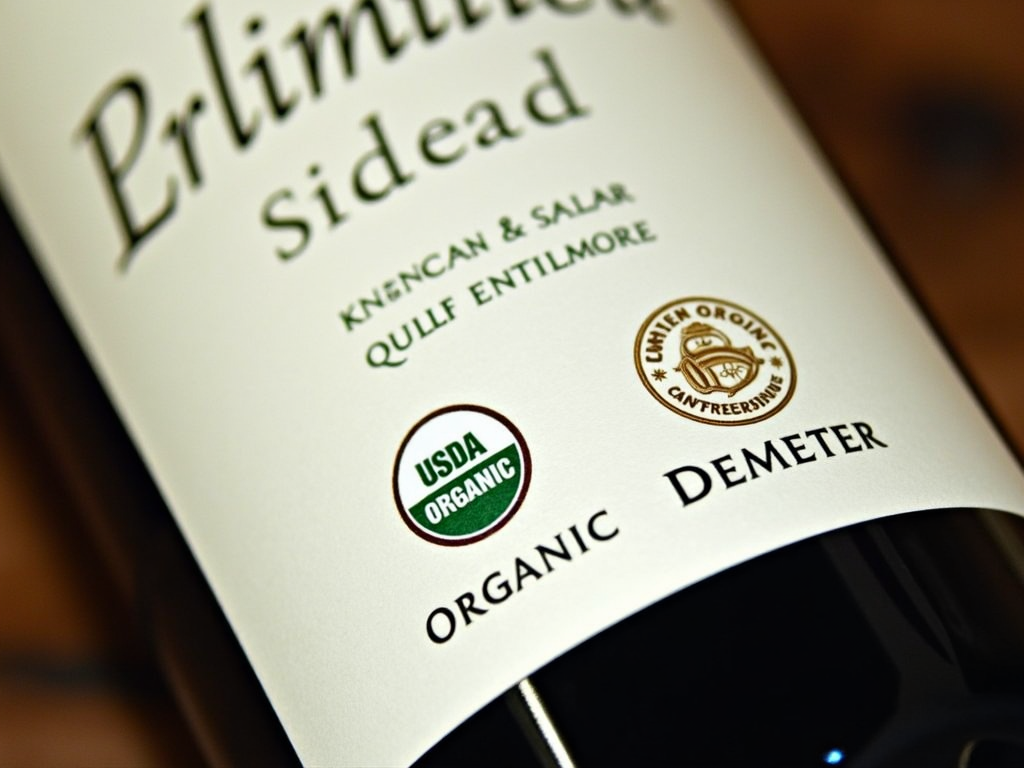
When I first started exploring wines, I was overwhelmed by all the labels and terms. But once I understood what certifications meant, it became easier to choose wines that aligned with my values. For instance, I prefer organic wines because I care about the environment.
Start by looking for certifications that match your priorities. If you're health-conscious, organic or biodynamic might be your go-to. If you're vegan, look for vegan-certified wines. Don't be afraid to ask questions at wine shops or do a quick search online.
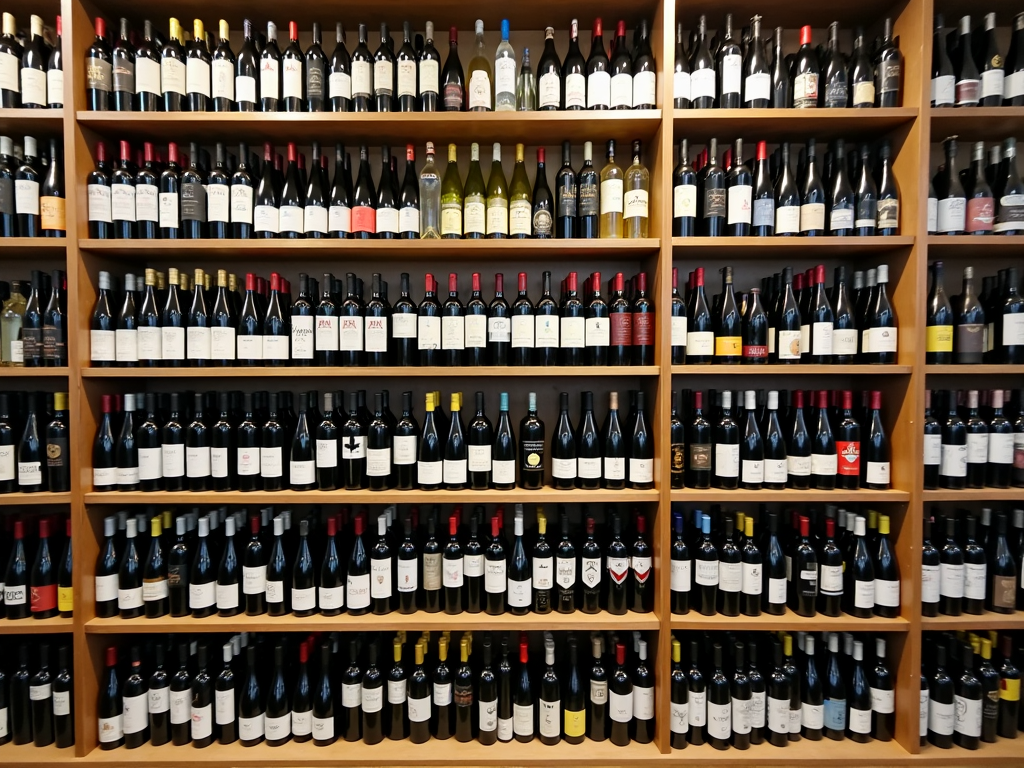
Jackson Family Wines is a great case study for understanding wine certifications. They have a diverse portfolio, including organic and sustainable wines. Their commitment to quality and sustainability makes them a reliable choice for beginners.
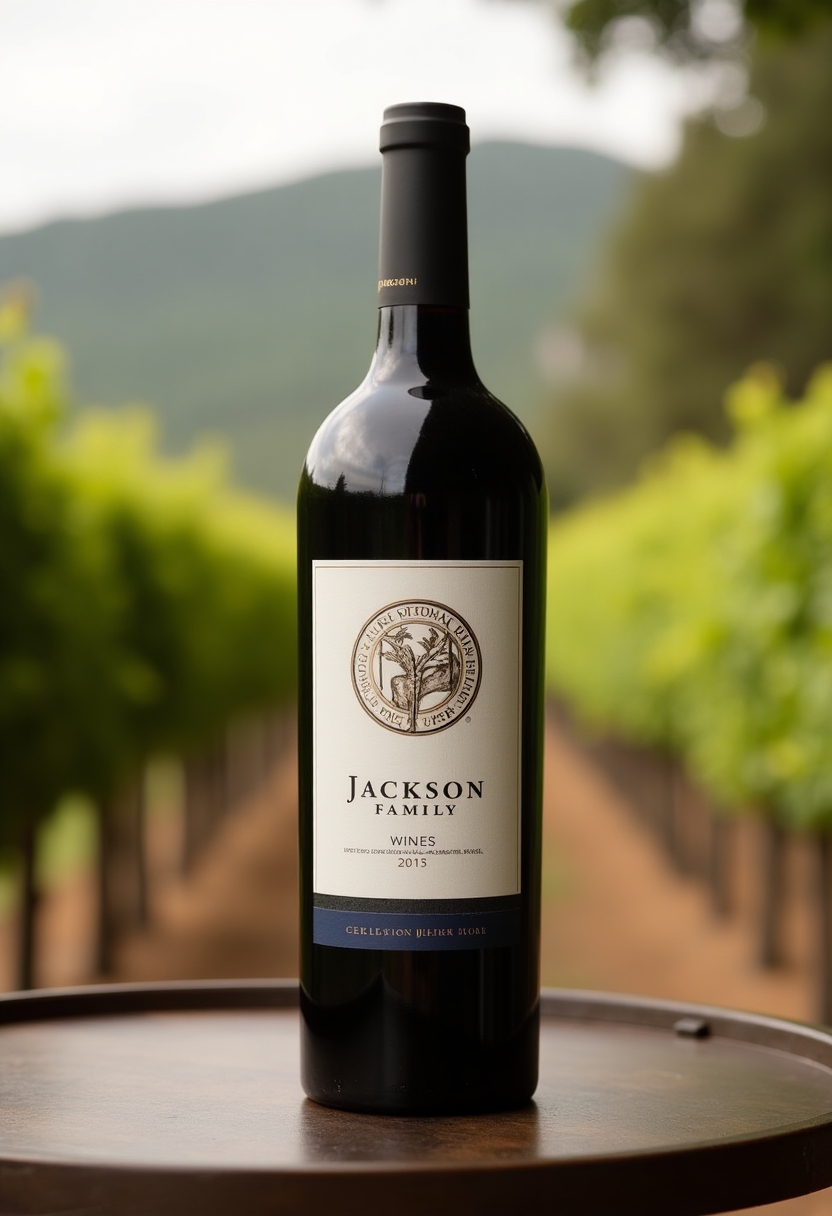
Wine labels can be tricky, but here's a quick tip: look for certification logos. They're usually small icons or seals. Common ones include USDA Organic, Demeter for biodynamic, and various sustainable certifications. If you're unsure, ask the staff or check the winery's website.
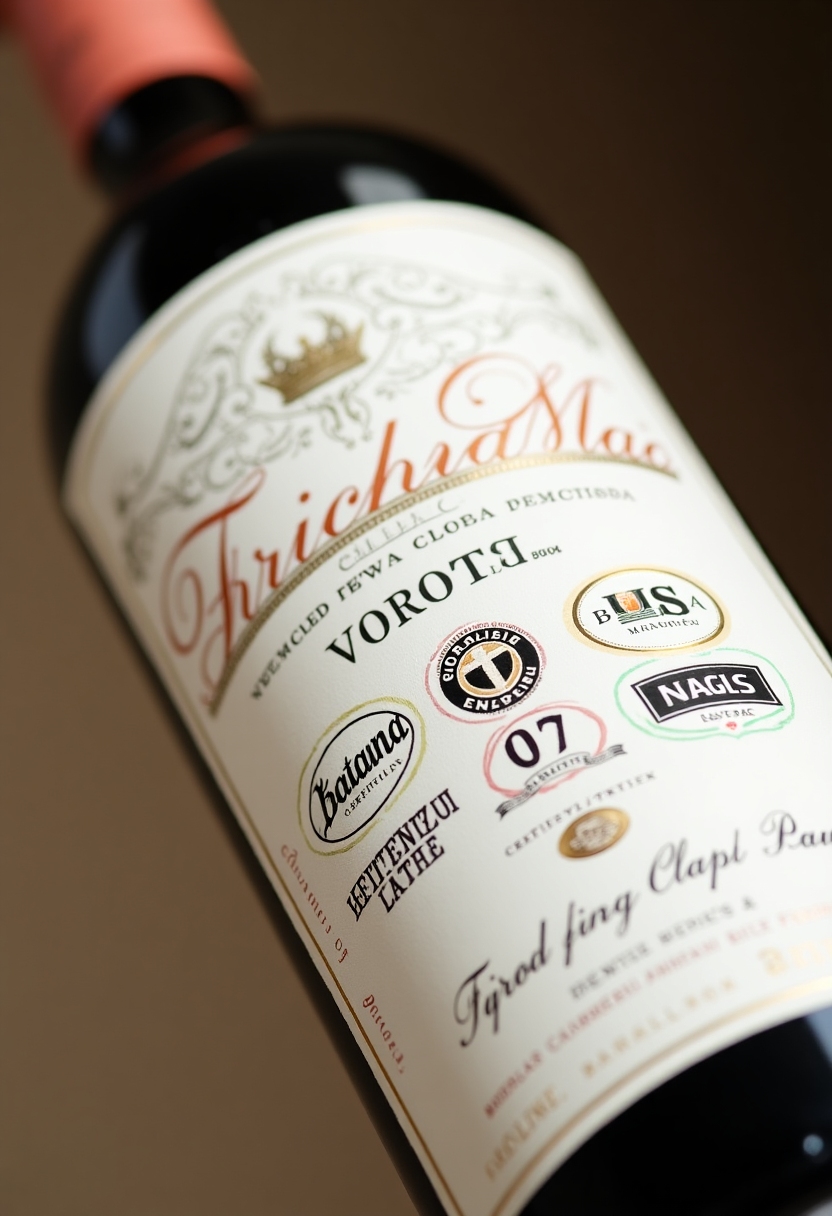
Certified wines often have a story behind them. Knowing that your wine was made with care for the environment or with specific practices can make the experience more meaningful. Plus, they can be a great conversation starter at dinner parties!

One common myth is that certified wines are always more expensive. While some can be pricier, there are plenty of affordable options. Another myth is that certifications guarantee taste. Remember, certifications are about production methods, not necessarily flavor. Taste is subjective!

Start small. Pick one certification that interests you and try a few wines with that label. Attend wine tastings or join a wine club that focuses on certified wines. Don't be afraid to experiment and find what you like.
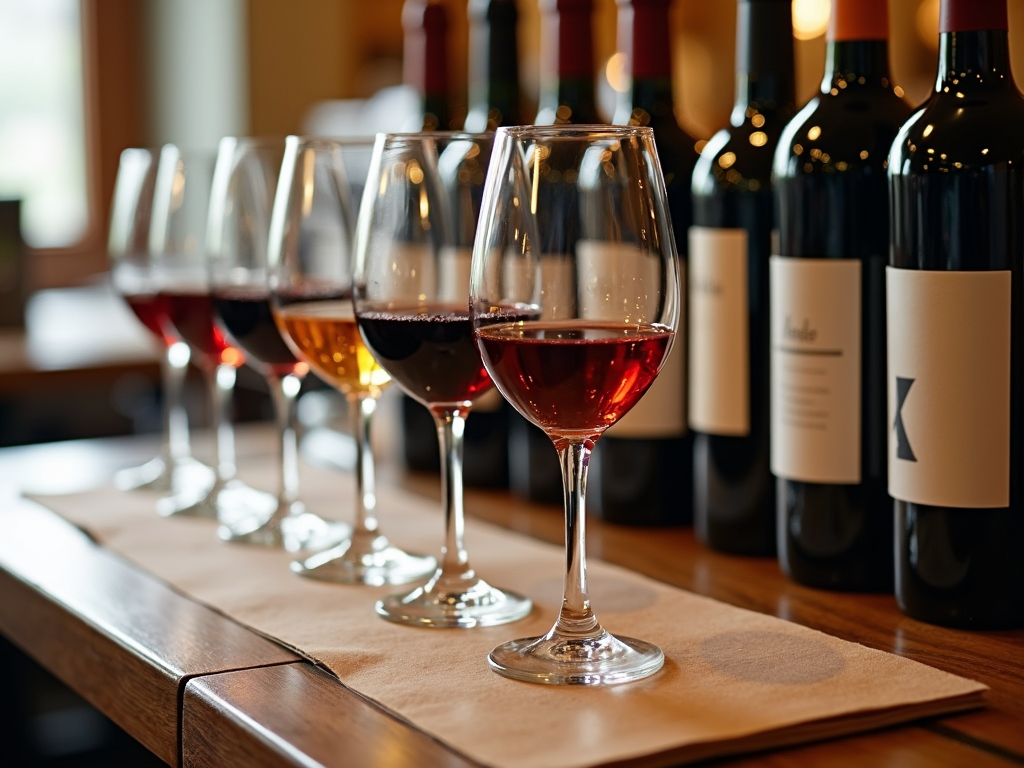
The wine industry is moving towards more transparency and sustainability. Expect to see more certifications and clearer labeling in the future. This is great for consumers, as it makes it easier to make informed choices.

Understanding wine certifications can seem daunting, but it's worth the effort. They help you choose wines that align with your values and can enhance your wine-drinking experience. Start exploring and enjoy the journey!